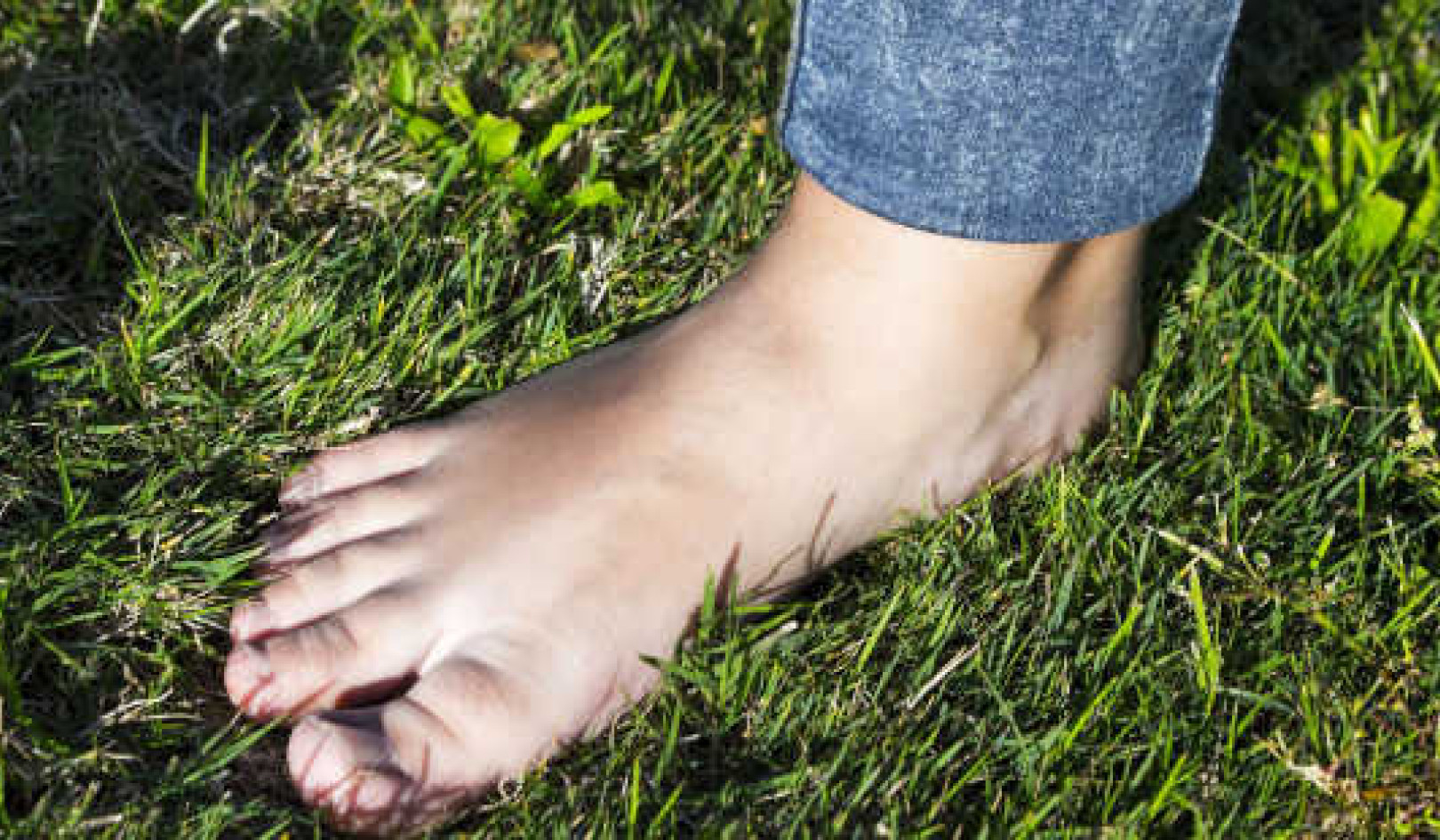
The general wisdom was, until recently, “If you want to live a long, healthy life, choose your grandparents wisely.” While, of course, one can’t, just 30 percent of physical aging is genetically predetermined, according to an eight-year study of 1,000 well-functioning seniors by MacArthur “genius” grant recipients John Rowe and Robert Kahn.
And, keep in mind, genetics isn’t fate. While problems such as Alzheimer’s and heart disease do have a genetic component, lifestyle trumps genes. Physical aging is shaped by lifestyle choices in physical exercise, diet, attitude, and social support.
1. Exercise
Brain and body are connected; what is healthy for one promotes fitness in the other. What constitutes a minimum of exercise? The research-based Lifetime Fitness Program guides participants through 20 minutes of aerobic activity, 20 minutes of upper- and lower-body weight training, and a 10-minute stretch-and-flex routine three times a week. Older participants feel better, have fewer falls and fractures, and experience social benefits.
2. Nurture friendships, not necessarily family
Evidence suggests that whether it’s praying or putting, hiking or poker, what enhances well-being is the getting together, not the activity. People who see other people on a regular basis are sick less and live longer. A recent study found that folks with close friends and confidants lived longer than those without, while tight family relationships made no difference in mortality. In fact, avoiding negative family members may enhance health and longevity.
What lifestyles, then, do prevent age-related declines? A fascinating body of research by David Snowdon on the aging brain, known as the Nun Study, gives enticing clues. An analysis of handwritten autobiographies from 180 of the School Sisters of Notre Dame at the average age of 22 found that positive emotional content was strongly associated with health and longevity six decades later. Feeling bad about getting old may be bad for you: Studies by Becca Levy of Yale University show that holding negative aging stereotypes may not only result in a decline in memory and self-efficacy, but may shorten your life by almost eight years.
3. Be cognitively stimulated early
A computer analysis of the sisters’ essays in the Nun Study found that greater idea density and verbal complexity predicted a lower risk of Alzheimer’s. When one researcher was asked what this meant, she replied, “Read to your children.”
4. Stay cognitively engaged
Whether the activity is bridge or crossword puzzles, mental exercise may be as key to keeping the mind supple as physical activity is to the body’s functioning. A seven-year study of 1,772 subjects suggests possible benefits.
5. Eat a healthy diet
Most of us know that a healthy diet means moderation in meat, sugar, and fat, and plenty of vegetables and fruit. But we might not know just how those fruits and veggies benefit the brain.
Studies at Tufts University’s Human Nutrition Research Center on Aging suggest that the capacity of fruits and vegetables to absorb damaging free radicals cuts the risk of dementia, while the same antioxidant-rich foods also prevent some loss of learning and memory function. And don’t forget hydration—most of us need more water than we drink. Dehydration causes cognitive malfunctions.
6. Kick nasty habits
Don’t smoke. Smoking constricts blood vessels and may decrease cognitive capacity. A moderate glass or two of wine, though, may be beneficial.
While any of the above may enhance your later years, the synergy from combining them is suggested by a major research project just published in Neurobiology of Aging. The study on dogs divided 48 older beagles into four groups. The first received regular food and standard care. The second received standard care and a diet rich in antioxidants. The third was fed a regular diet but had a stimulating environment. The fourth group received the special diet and the challenging and enjoyable environment. While the groups with improved diet or improved environment did better than the standard care and nutrition group, it was the dogs that received both better food and environment that did best with complex learning tasks.
It’s a no-brainer: An engaging social environment, combined with good nutrition and daily exercise, helps keep the brain healthy. Older people who are involved with friends, physical activities, and lifelong learning profess joy at being alive. Wholehearted participation in these pursuits gives meaning to old age and helps elevate the quality of life for those years.
This article originally appeared on YES! Magazine
About The Author
Jeannette Franks, Ph.D., is the exercise instructor for Suquamish elders.
Related Books
at InnerSelf Market and Amazon























